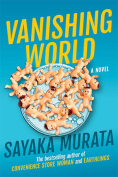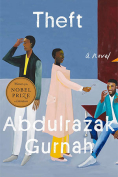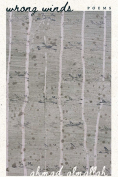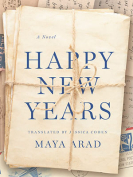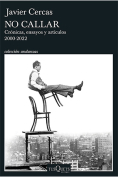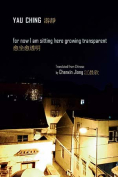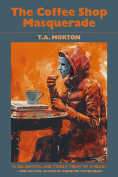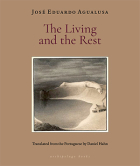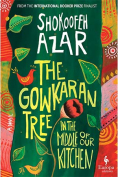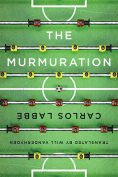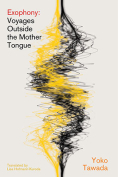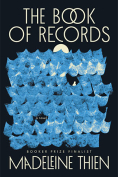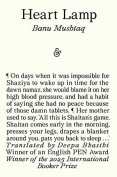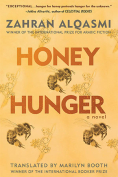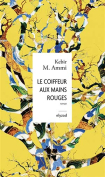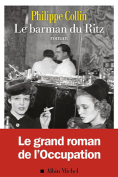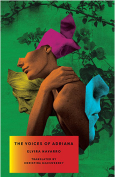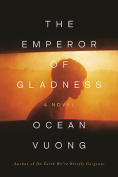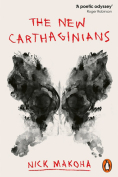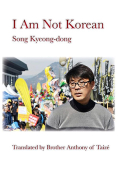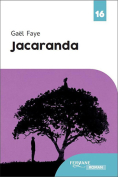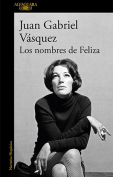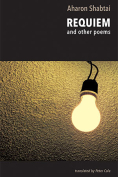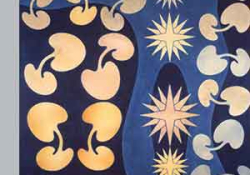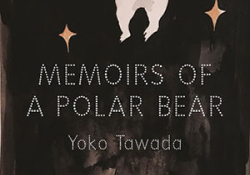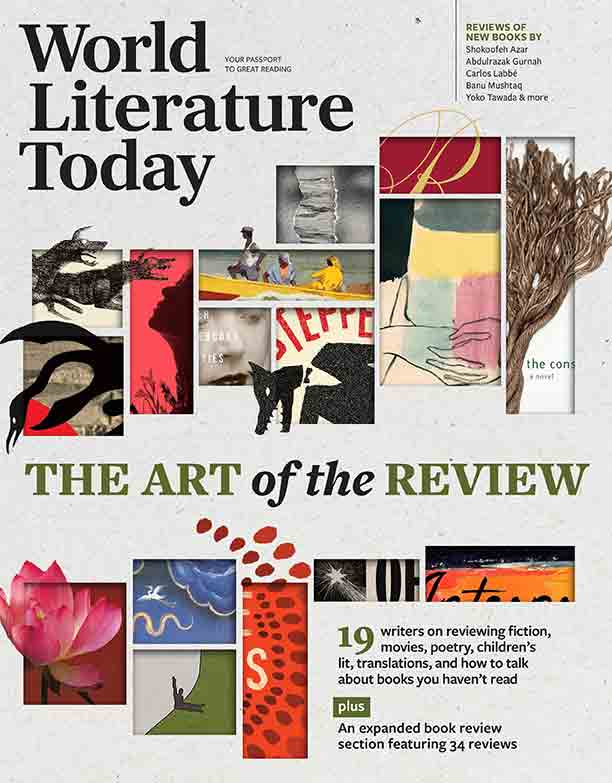Exophony: Voyages Outside the Mother Tongue by Yoko Tawada
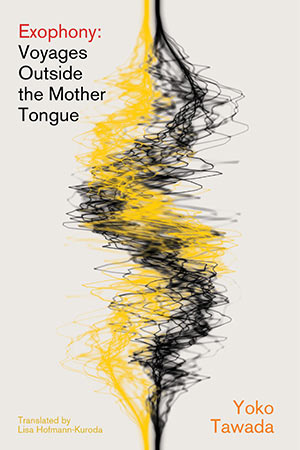
New York. New Directions. 2025. 192 pages.
In the witty and curious essays collected in Exophony: Voyages Outside the Mother Tongue, Yoko Tawada examines the deep roots and distant branchings of the two languages in which she writes: her native Japanese and nonnative German. She theorizes language as liminal and hybridized, and she forwards a notion of international linguistics and literature that considers the linguistic displacements and emplacements that occur at border-crossings and at page-turnings, in speech, and in dreams.
Tawada defines “exophonic” as “referring to the general experience of existing outside of one’s mother tongue” and tells of linguistic discoveries framed by her globe-spanning academic travels to Senegal and Spain; to China and Bulgaria; to Russia and Gainesville, Florida; and numerous elsewheres. This travelogue allows Tawada to traverse a variegated terrain of linguistic concerns: multilingualism and language formation, colonization and immigration, nationalism and translation. For instance, in her essay “Cape Town: What Language Do You Dream In?” Tawada recounts that she arrived in South Africa on the same day that the Concorde crashed, and that eleven news channels—one for each of the eleven official languages of South Africa—had broadcast the same fiery images. Tawada concludes that “while images are universal, language insists on difference.” This “difference” drives the rest of the essay, which interrogates the relative benefits of contemporary multilingual societies and the colonial history of imposed monolingualism. Throughout these city-hopping essays, Tawada oscillates between storytelling and linguistic illumination, and the collection rumbles with the um-thump of an exophonic heartbeat.
Toward the end of the collection, Tawada pivots away from location-based essays and examines certain particularities of the German language. In “Lying Words,” she considers the idiomatics of fabrication and the occasional brusqueness of German shopkeepers, who are culturally averse to “masking” their emotions. In “BodyBody,” Tawada considers both the body-as-lexicon and the animated embodiment of language. These meditative essays twine Tawada’s positionalities as Japanese-born and German-resident, braiding exophonic linguistics with an exophonic understanding of these disparate cultures.
Importantly, translator Lisa Hofmann- Kuroda notes that “Exophony is clearly addressed to a Japanese readership.” The translation, then, creates a palimpsestic, exophonic experience for the reader; indeed, Tawada claims that “a ‘mistranslation’ and a ‘correct translation’ are not opposites, like a lie and a truth, but are rather both ‘translatings,’ journeys—simply different shades of grey.” This linguistic gradient exemplifies the mission of Exophony, in which Tawada curates an essay collection like a many-grafted sapling, like a museum honeycombed with mural-painted galleries, like an ocean swirling with whirlpools of linguistic potential energy. Simply put, to read Exophony in translation is an exercise in exophony itself.
Alex Crayon
University of Kansas
